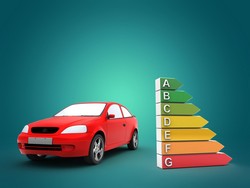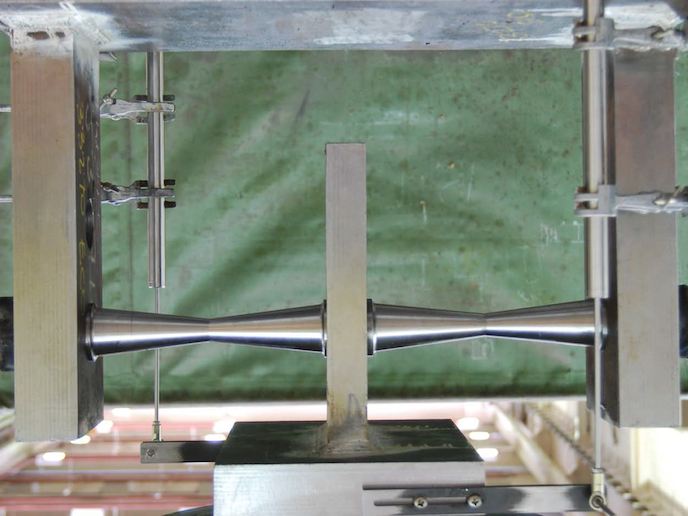Tools for assessing energy efficiency
Growing social awareness of ecological problems, combined with desire for cheaper energy, creates a market for low-impact products. Yet, creation of such products requires new analysis techniques and measurement technologies. The EU-funded EMVEM(opens in new window) (Energy efficiency management for vehicles and machines) project developed the necessary techniques and technologies. The team helped move the sector’s design focus from being performance and capacity driven to centred on energy efficiency. The group also developed robust simulation and experimental validation methodologies to support the increased prevalence of virtual design and prototyping. EMVEM was primarily intended to motivate and train early-stage researchers in such methods. The consortium combined specific industrial needs with a university research approach and capacity to provide courses. Hence, the collaboration yielded a new training network that promoted research and knowledge sharing, resulting in cross-fertilisation of the ideas underpinning the new approaches. The consortium hosted a total of 21 researchers, and fostered application of the new advanced techniques for measuring energy efficiency. Researchers produced summary reports for each of the project’s four research strands. The reports detail the theoretical approaches taken and assess the industrial suitability. As a result of EMVEM’s work, numerous young researchers have been trained in the project’s theme analyses and methods. Hence, the researchers will be well equipped to contribute to a growing and potentially lucrative field.







